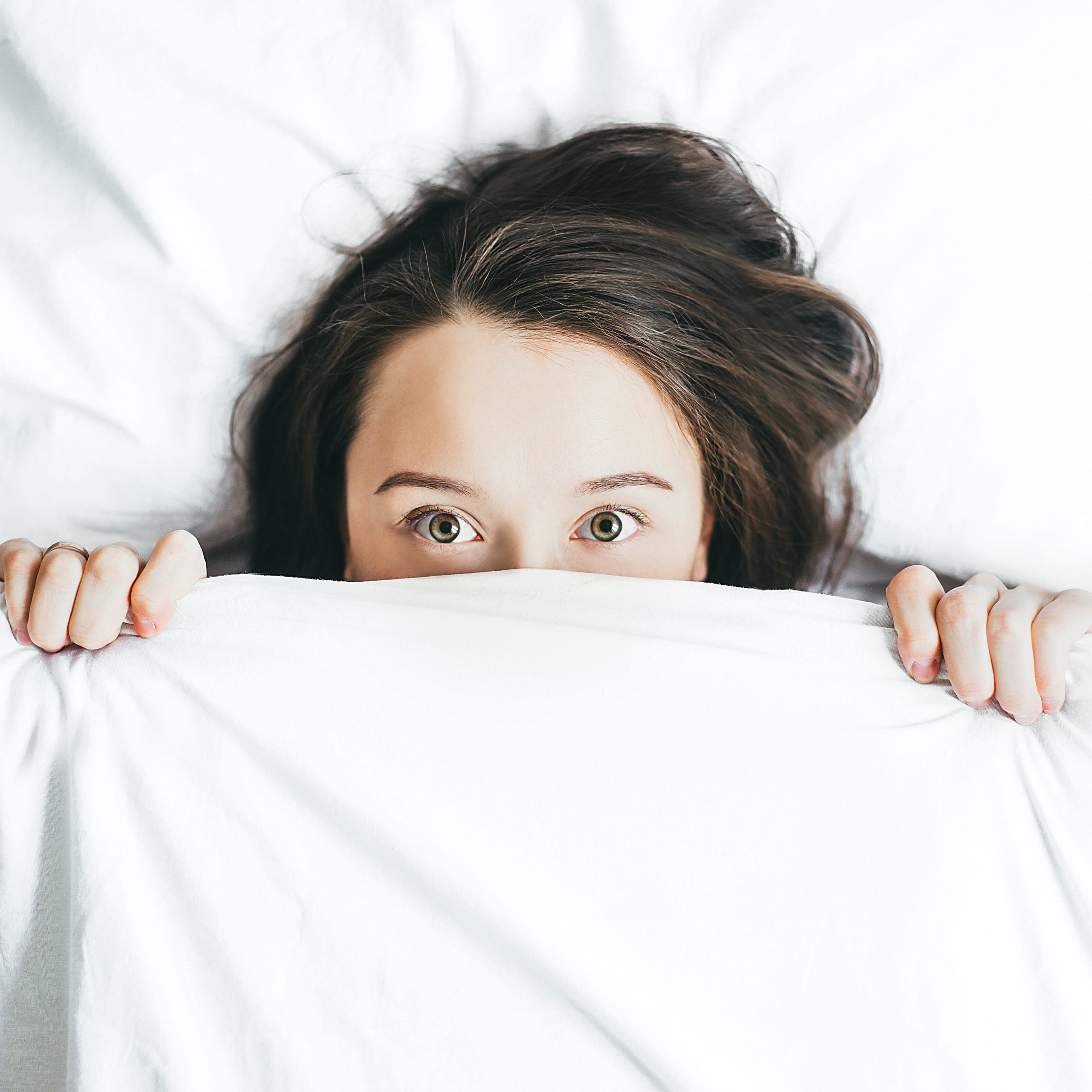Research says that panic attacks occur with the greatest frequency between 1:30 and 3:30 a.m. and my experience with my anxious clients confirms this. They often say that as soon as they lie down to try to fall asleep, intrusive thoughts about past mistakes, embarrassments, failures, and worries about health, money and the future impose themselves.
Catastrophic scenarios and “what if’s” intrude and they cannot stop ruminating about them. They report that their thoughts race and consume them. They can be sleepless for hours or not sleep at all because their mind is spinning. There are many reasons for this. Some sufferers report that at night they feel isolated and alone. In a sense they are. It is common for people who experience anxiety to seek reassurance from other people but at night friends and family that can console them are either not around or also asleep. Additionally, services, like counselors’ offices and phone-in help centers are closed. They are often very reluctant to wake their friends and family in the middle of the night just to talk.
During most people’s days there is stress but there are also naturally occurring distractions from anxious thoughts. They are absorbed with interactions and work and can’t overthink and worry as much because of this. At night, though, there’s nothing to distract from negative thoughts and inner critical voices. In addition, at night when you are tired it makes it harder to cope and positively deal with anxious and catastrophic thoughts. You don’t have the energy to put the extremely negative speculations and fears into perspective.
Managing your evening anxiety
Here are some things that you can try, if you are experiencing increased nighttime anxiety.
- It can be very helpful to create a nighttime routine. Go to bed at the same time every night. This teaches your body to get sleepy around the same time.
- Take a bath.
- Read a book.
- Journal.
- Do gentle yoga stretches Avoid screens and blue light one hour before bedtime.
- Try not to consume caffeine late in the day, whether in coffee or elsewhere.
- If you are ruminating and worrying these things can help. Write down your worries to think about tomorrow. Keep a notepad next to your bed. Counterintuitively, writing something down is a good way to stop thinking about it.
- Listen to relaxing music. Studies show that relaxing tunes can calm your autonomic nervous system, which leads to slower breathing, reduced heart rate, and lower blood pressure, all of which help you sleep.
- Get up, but stay calm. If you simply can’t snooze, it’s OK to get out of bed — just be smart about what you do next. Read, watch a calm TV show. Not news or adventure-packed movies. Have a small carb snack or non-caffeinated beverage. Try a meditation app, or a breathing app.
When to ask for help
If none of these tips help your nighttime anxiety, check in with a physician who can help rule out any underlying medical conditions such as chronic pain or a thyroid problem. If no medical cause is found it is probably time to reach out to a mental health professional. Anxiety and panic are treatable through therapy, medication, or a combination of the two. A therapist can help you manage your anxiety so you can get some nights of restful sleep.

